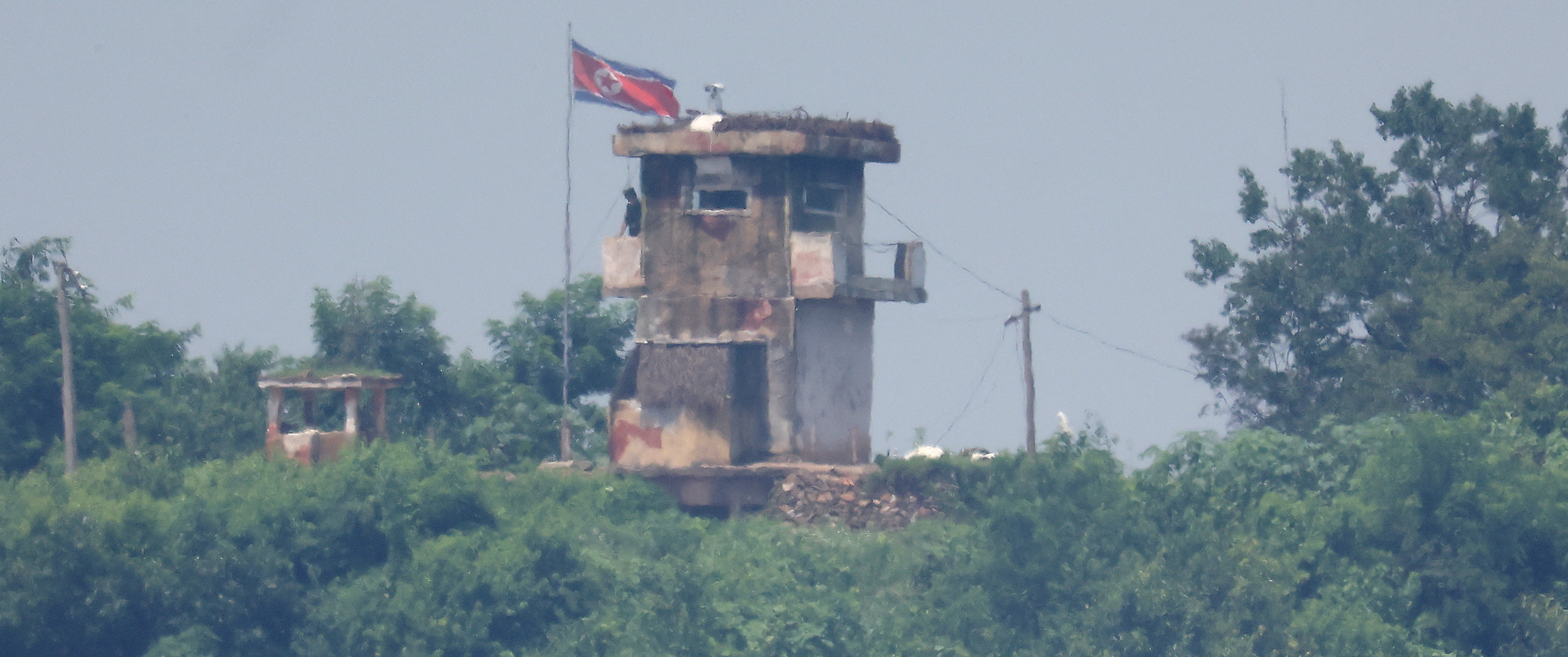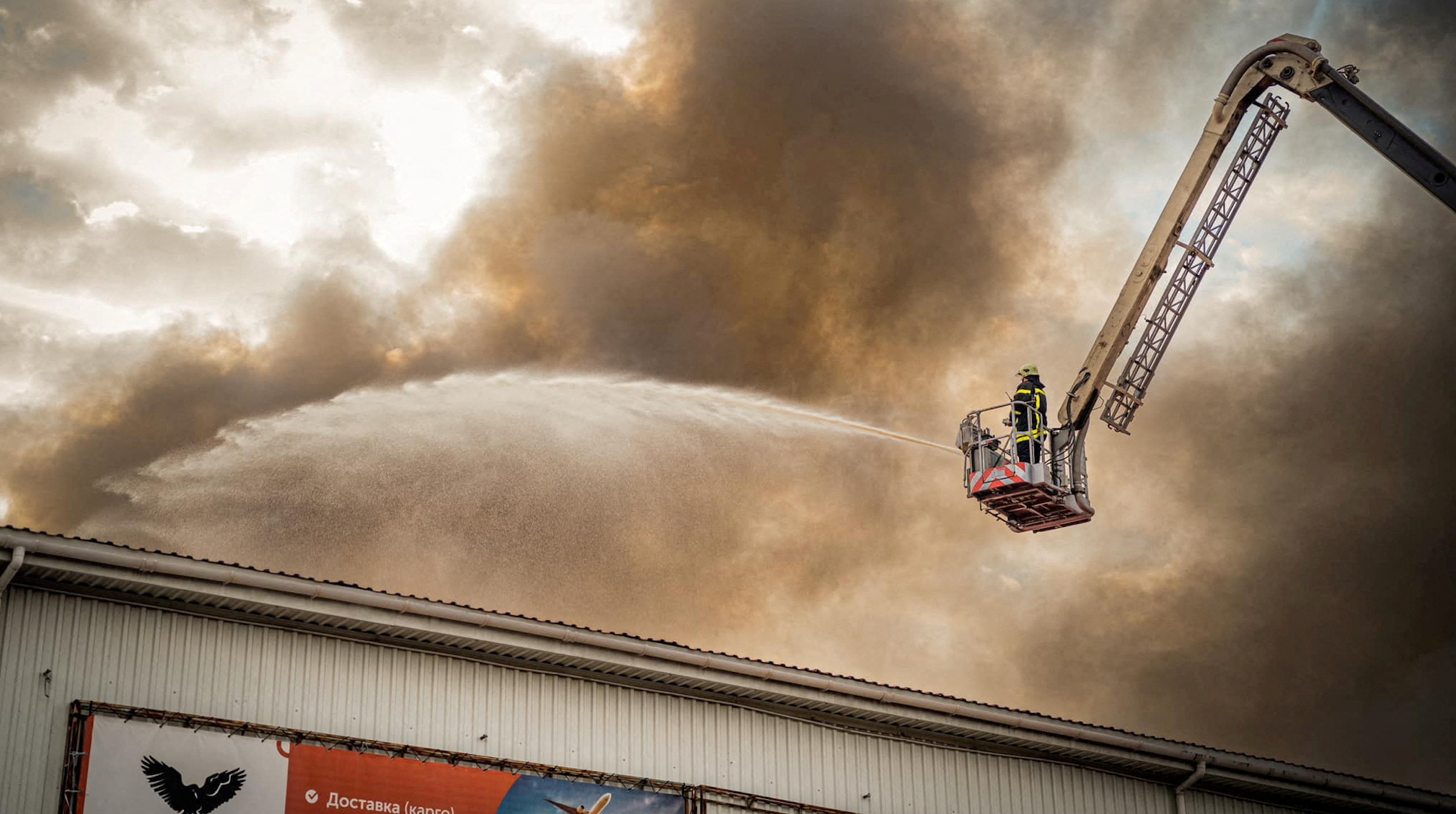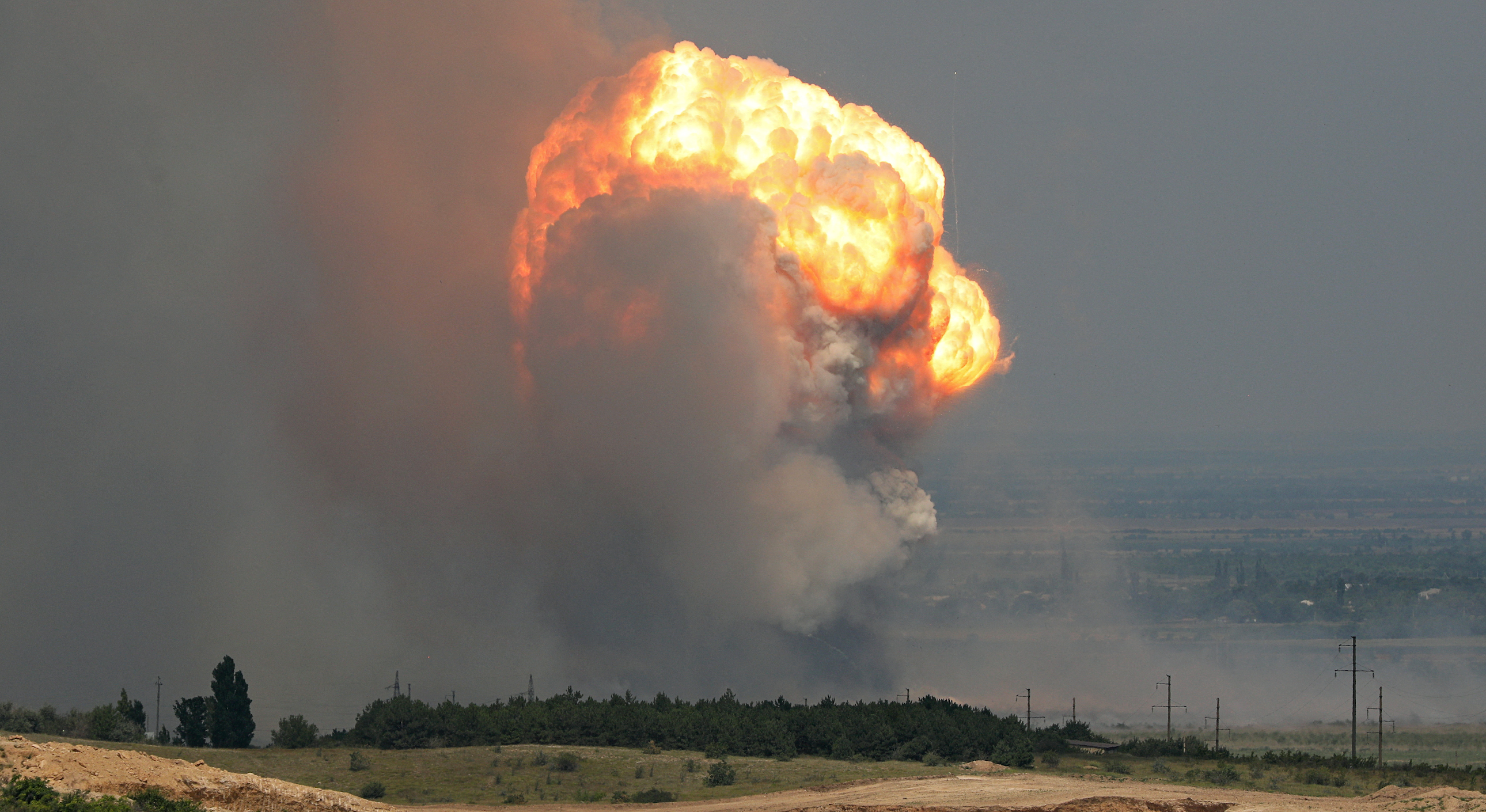
US military works to learn fate of soldier who fled to NKorea
PHOTO CAPTION: A North Korean soldier stands guard at their guard post in this picture taken near the demilitarized zone separating the two Koreas, in Paju, South Korea July 19, 2023. REUTERS/Kim Hong-Ji
By Hongji Kim and Phil Stewart
PAJU, South Korea/WASHINGTON (Reuters) - The U.S. military was scrambling on Wednesday to determine the fate of an American soldier who made an unauthorised crossing of the inter-Korean border into North Korea, throwing Washington into a new crisis in its dealing with the nuclear-armed state.
The U.S. Army identified the soldier as Private Travis T. King who joined in 2021 and was facing disciplinary action.
While on an orientation tour of Joint Security Area (JSA) on the border between the two Koreas, King crossed into North Korea on Tuesday "wilfully and without authorization," U.S. Defence Secretary Lloyd Austin said.
"We believe that he is in (North Korean) custody and so we're closely monitoring and investigating the situation and working to notify the soldier's next of kin," Austin told a briefing.
North Korea's state media has made no mention of the incident. Its mission to the United Nations in New York did not immediately respond to requests for comment.
The crossing comes at a time of renewed tension on the Korean peninsula, with the arrival on Tuesday of a U.S. nuclear-armed ballistic missile submarine, and the test launch early on Wednesday of two ballistic missiles into the sea by North Korea.
The short-range missiles were fired from an area near its capital, Pyongyang, flying 550 km and 600 km before plunging into the sea off its east coast, South Korea's military said.
North Korea has been testing increasingly powerful missiles capable of carrying nuclear warheads, including a new solid-fuel intercontinental ballistic missile last week.
The U.N. Command (UNC), which oversees security for the border area, had communicated over a hotline with the North Koreans about the U.S. soldier, a spokesperson for U.S. Forces Korea said.
The U.S. military was "working with our KPA counterparts to resolve this incident," Colonel Isaac Taylor said, referring to North Korea's People's Army.
"We communicate with the North Koreans every single day," he said. "It's all part of the armistice agreement."
LEGAL TROUBLES
The soldier was on a tour of the Panmunjom truce village when he crossed the Military Demarcation Line that has separated the two Koreas since the Korean War ended in 1953 with an armistice, U.S. officials said.
His motive is not known. While based in South Korea, he faced accusations of assault and damaging a police car in an October incident. He pled guilty and was sentenced in February to a fine, a court document seen by Reuters showed.
King had finished serving in military detention and was transported by the U.S. military to the airport to return to his home unit in the United States, two U.S. officials said.
He had passed alone through security to his gate and then fled, one official said. Civilian tours of the demilitarized zone (DMZ) are advertised at the airport and King appeared to have decided to join one, an official said.
The U.S. officials, who spoke on condition of anonymity, said the soldier had been due to face disciplinary action by the U.S. military. It was not clear if that was related to the October incident.
South Korea's Unification Ministry, which handles ties with the North, said all tours to Panmunjom had been cancelled indefinitely at the U.N. Command's request. But Imjingak in Paju that marks the end of the road before the military-controlled bridge leading into the DMZ was bustling with tourists.
It was unclear how long North Korean authorities would hold the soldier but analysts said the incident could be valuable propaganda for the isolated country.
The border incident occurred as senior South Korean and U.S. officials held the first round of talks on Tuesday on upgrading coordination in the event of a nuclear war with North Korea.
The United States has pledged to deploy more strategic assets such as aircraft carriers, submarines and long-range bombers to South Korea, drawing an angry response from Pyongyang which vowed to escalate its own response.
A former North Korean diplomat who defected to the South said King may be a propaganda tool for North Korea and a loss of face for the United States on the day of the arrival of the submarine and the nuclear talks.
"But looking at previous cases of U.S. servicemen who went into the North, holding an American soldier is probably a not very cost-effective headache for the North in the long run," said Tae Yong-ho, who is a member of South Korea's parliament.
(Reporting by Josh Smith, Ju-min Park, Hyonhee Shin and Soo-hyang Choi in Seoul, David Brunnstrom, Phil Stewart and Idrees Ali in Washington, Kiyoshi Takenaka and Nobuhiro Kubo in Tokyo; Writing by Jack Kim; Editing by Lincoln Feast.)









